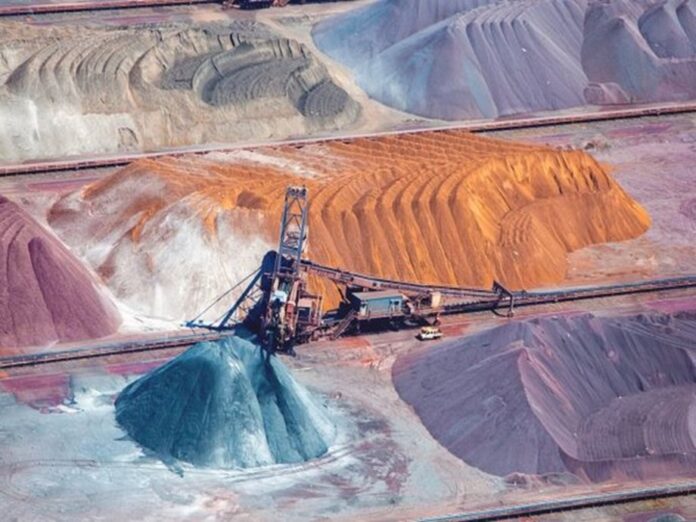U.S. President Donald Trump on Tuesday ordered a national security review of all critical minerals imports, signaling a major escalation in his efforts to reduce America’s reliance on foreign suppliers, particularly China.
The review, launched under Section 232 of the Trade Expansion Act of 1962, could lead to new tariffs on a wide range of critical minerals used across the economy, including cobalt, nickel, rare earths, uranium, and others.
The U.S. imports most of its processed critical minerals, and China remains a dominant supplier of 30 of the 50 minerals deemed essential by the U.S. Geological Survey. With Beijing curtailing exports and asserting control over key markets, Washington is intensifying efforts to strengthen domestic production and diversify supply chains.
The order directs Commerce Secretary Howard Lutnick to assess whether current import levels threaten national security and to recommend whether tariffs are needed. If implemented, these tariffs could override the reciprocal levies the administration imposed earlier this month.
The move is part of a broader White House initiative to boost domestic mining and processing capabilities. Last month, Trump directed federal agencies to compile a list of mines that could be quickly approved and to identify federal lands suitable for minerals processing.
However, building new infrastructure for mining and refining is a long-term effort, and current domestic capacity is limited.
The United States currently produces minimal quantities of lithium, operates a single nickel mine with no smelting capacity, and lacks cobalt refining facilities. Although the U.S. has several copper mines, it relies heavily on imports for processing, with only two domestic smelters in operation.
Trump’s latest action may create opportunities for allied countries seeking tariff exemptions. Australia, in particular, is positioning itself as a reliable supplier of critical minerals.
Australian Strategic Materials, a rare earths producer backed by U.S. government funding, has expressed readiness to expand its processing operations into the U.S. to support American industry and reduce dependency on China.
The administration is also looking to close tariff loopholes in complex mineral supply chains, which often span multiple countries. China’s recent export restrictions on rare earths, along with earlier bans on other strategic metals, have amplified U.S. concerns over supply security.




